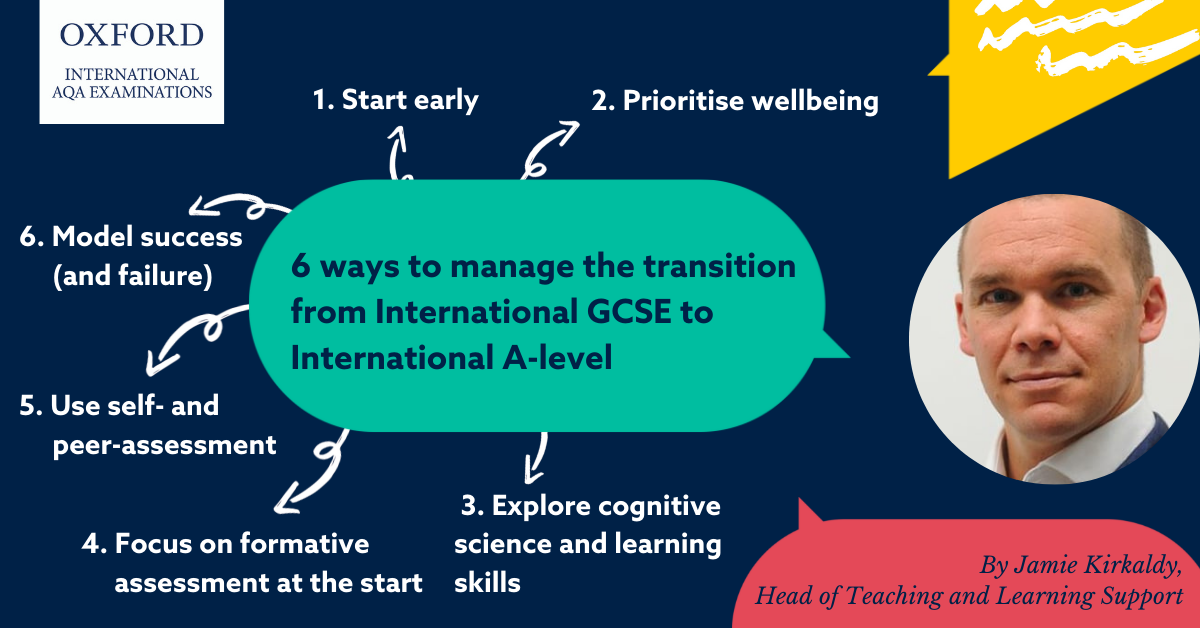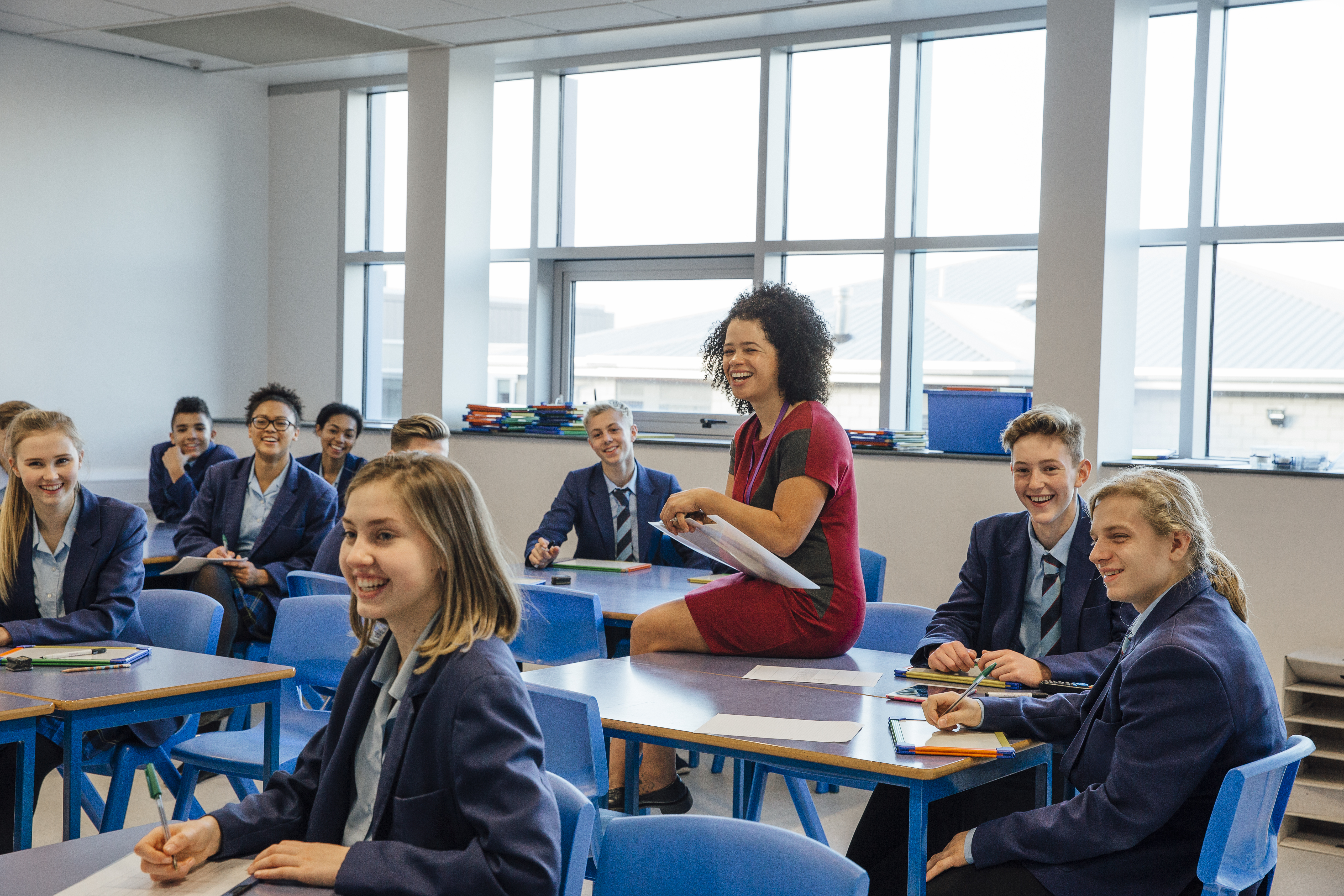I’ve taught Year 6 many times in my career and memories of SATs week are all too fresh in my mind. Three hours and fifty minutes of silence will produce a snapshot of where our 11-year-olds are in reading, writing, mathematics and grammar, punctuation and spelling all summed up neatly as a scaled score. The […]
Read morecurriculum

Sam Gibbs provides handy tips on how to start the conversation about curriculum design in English at your school – plus, 3 reasons why NOW is the perfect moment to do so.
Read more
As the winter months start to recede, the education community is faced with the reality that so far this year, teaching and learning continues to be dominated, in a wide variety of ways, by Covid. The prevalence of the Omicron variant has resulted in a high incidence of teacher and student absences and many learners […]
Read more
You may recall that we launched the Oxford Smart Curriculum direction paper last May. Our aim was to ensure that this was a collaborative effort, so we invited educators and policy-makers working within the educational sector to provide feedback by completing a short questionnaire. With your input, we have been able to strengthen our shared […]
Read more
The UK curriculum approach is somewhat of an outlier in the world of education in how it specialises at such an early stage, with students narrowing from maybe nine or ten subjects to just three or four as they transition from International GCSE to International A-level. There are no mandatory subjects so student choice is […]
Read more
The Oxford International Curriculum is a new integrated curriculum, which places an emphasis on the enjoyment of teaching and learning, fostering wellbeing in education, and developing key global skills for learners’ future personal, career and academic success.
Read more
Topic clustering ties learning outcomes from several topics (and even subjects) together. It focuses on a group of similar smaller concepts being taught together, to encourage a better understanding of big ideas and new knowledge.
Read more
Most practical work in UK secondary schools follows a recipe-based formulaic approach which fails to teach students how to work independently or investigatively.
Read more
In 2019, the British Academy, the Royal Society, the Academy of Medical Sciences and the Royal Academy of Engineering produced a shared statement calling on the UK Government to adopt a national strategy for languages. They were concerned that the “UK’s poor language capacity has resulted in the loss of economic, social, cultural, and research […]
Read more
Louise Aukland examines the current evidence surrounding wellbeing in young children and offers advice to help teachers embed wellbeing support into their lessons.
Read more